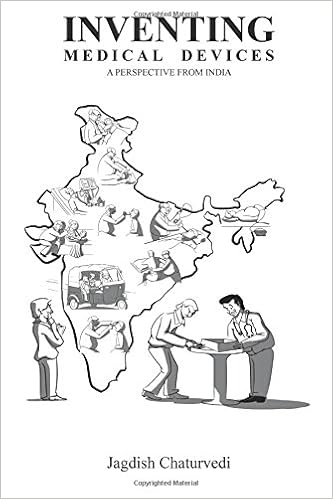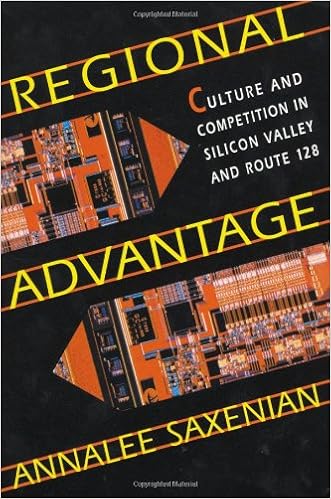I met Jagdish in 2011 when he was working on his first innovation for the Indian market. He then went to the Stanford Biotech program and joined InnAccel which where he has been doing impactful work.
The book though written by his experience, seems has a strong academic underpinning (given that I am student of innovation and entrepreneurship, I could relate the recommendations to the strong academic underpinning). The MedTech process suggested by Jagdish reflects close resemblance to the user driven innovation that Von Hippen has been talking and debating about.
Jagdish in the book has not just shared his experience, but has compiled a very good resource that aspiring entrepreneurs can refer to and seek guidance from. The simplistic writing and the case studies which help the reader relate to the context of the discussion and highlight the issue discussed in the chapters well. Though there are some spelling errors, this is a handy guide to aspiring MedTech entrepreneurs. I would recommend reading this book before starting in the MedTech space.
You can purchase the book at: http://www.amazon.in/Inventing-Medical-Devices-Perspective-India/dp/1519467184







